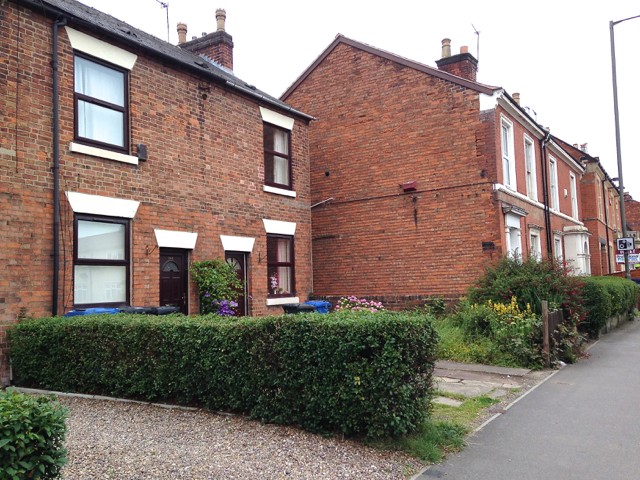
Debt charity, StepChange (SC), has released a report looking at how its clients’ problem debt impacts on access to housing. In addition, affordability, security and the quality of their homes was reviewed when they were attempting to repay debt and/or stabilise their financial situation.
Here is a summary of their research:
Profile of people most vulnerable to housing difficulties:
It’s very clear from this data that the ‘housing crisis’ we often refer to is actually being driven by an ‘income crisis’. What’s a surprise from this data is that although the government and the likes of Shelter are focusing on issues in the PRS, 60% ie the majority of people that have debt issues are actually in the social sector or own a home.
In addition, the data suggesting 72% of housing benefit payments don’t cover rent, rising to 90% in the PRS shows that the government clearly isn’t paying people enough to live on in the private sector, while not supplying access to social housing, leaving people trapped in income and housing poverty.
Housing specific findings:
The government is currently looking at and investing in ways of helping social and private renters to generate a positive credit rating. In addition, the new deposit insurance schemes and support for deposits from companies and local authorities are key ways to help people into housing without having to go into further debt.
For me, until there is a specific ‘plan and process’ for renters to let in the private sector on benefits – with the financial support and property safety checks required, the vulnerable in the PRS (as well as social housing) are going to continue to suffer, which the report shows impacts on people’s health and ability to work.
SC recommendations:
The government have also produced a new “understanding universal credit website” which you can find here: www.understandinguniversalcredit.gov.uk.
Similarly, the DWP introduced a new Landlord Escalation route for Universal Credit Live Service claimants at risk of eviction from 3rd December:
Landlords with a tenant under an imminent threat of eviction should now call the National UC Live Service telephone line. These calls will be escalated to the Housing Team who will make an outbound call back to the Landlord to resolve the case.
Social Rented Sector Landlords should continue to discuss potential evictions with their Partnership Manager, who can escalate concerns directly to the Housing Team. Landlords can continue to contact the Live Service Housing Team email inbox directly with any enquiries.
There is no change to the UC Full Service process for Landlords:
For more visit: www.understandinguniversalcredit.gov.uk/landlords
*StepChange received 620,000 phone calls and online enquiries in 2017.
| Joining a landlord association - RLA |
 |